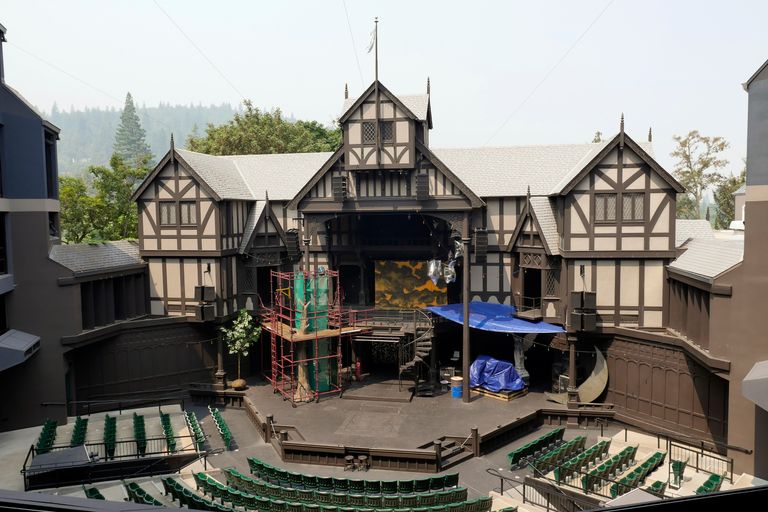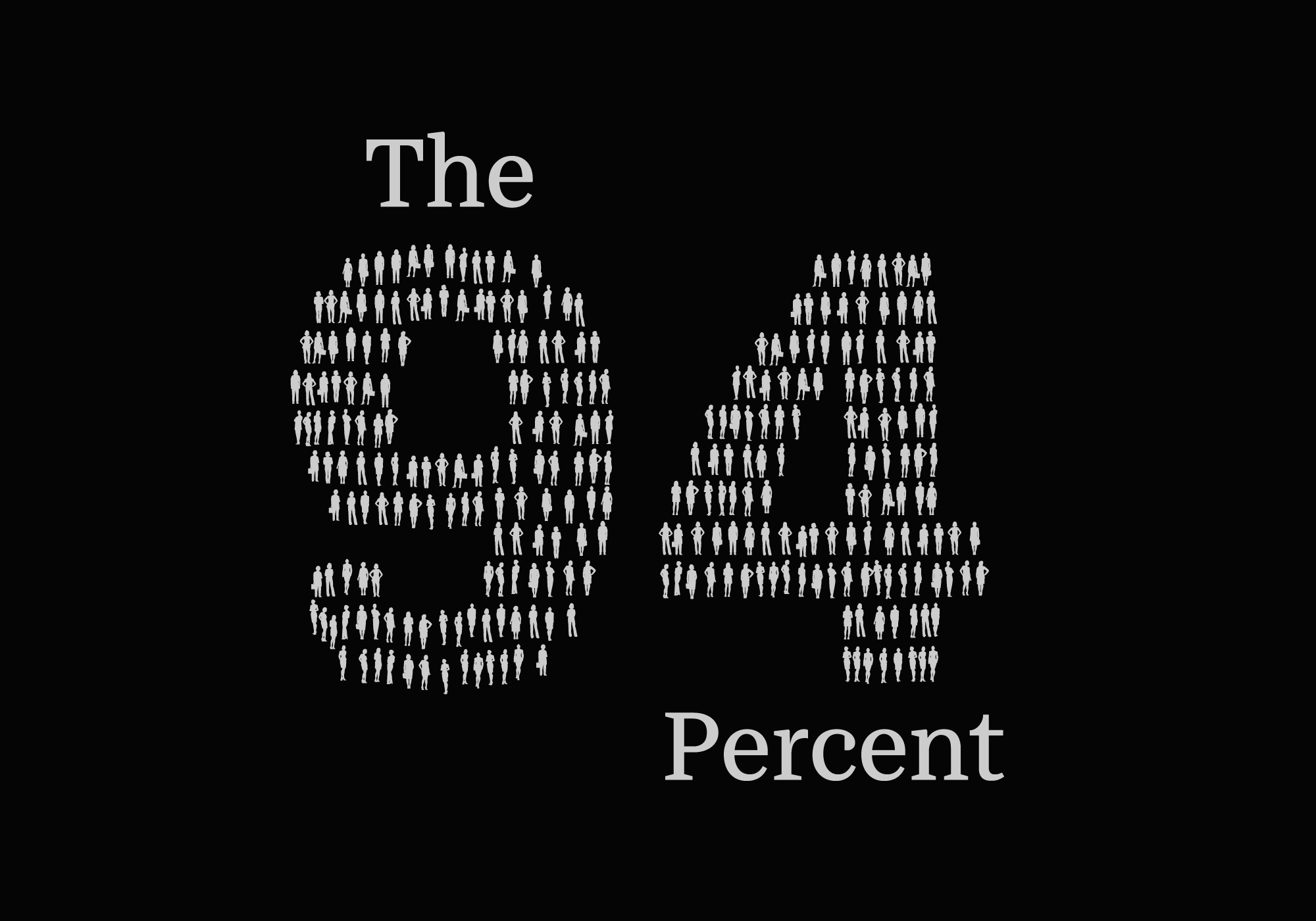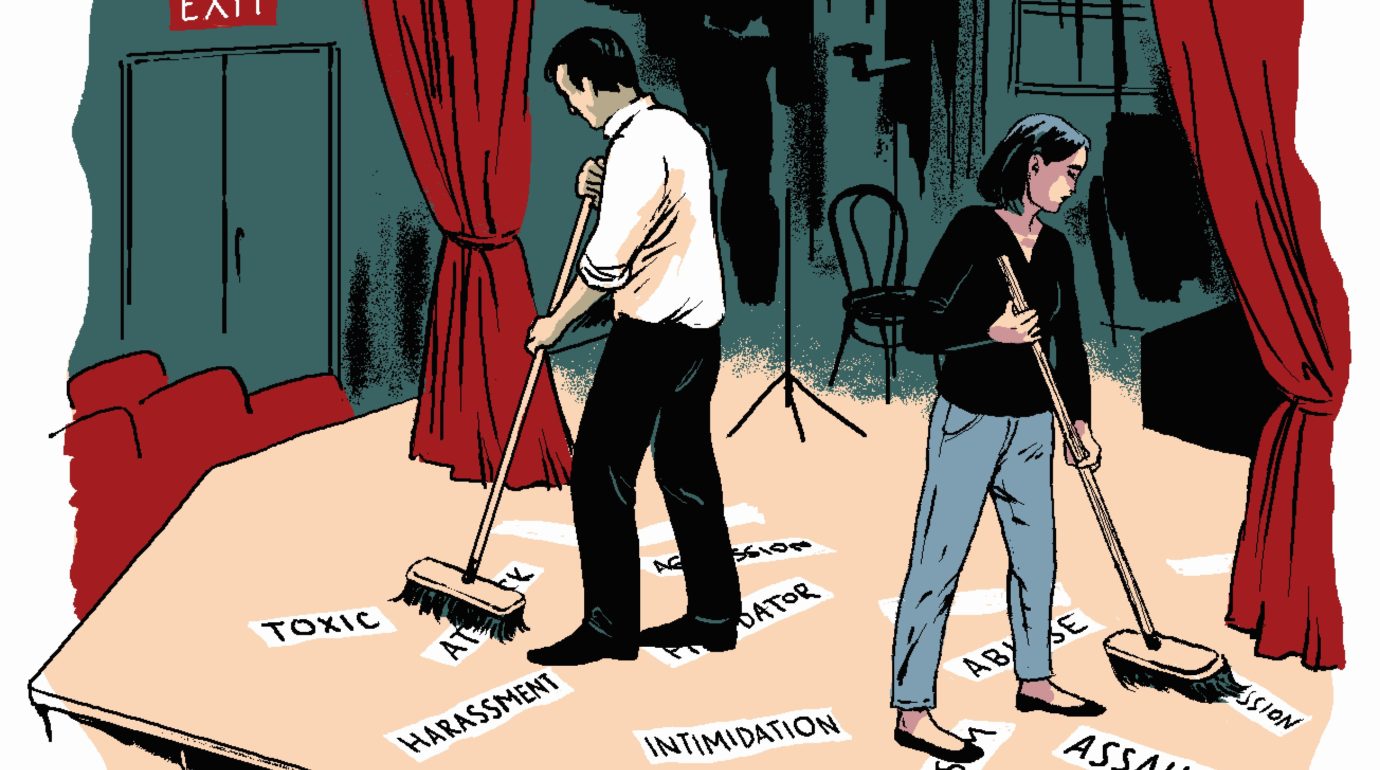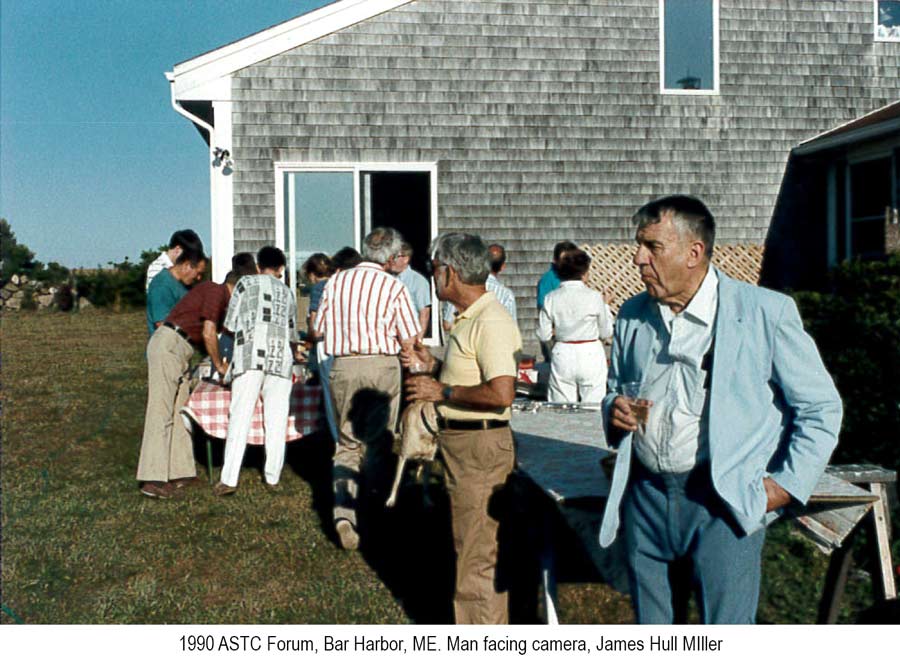Here are a few posts from last week's Greenpage that might be worth your time...
This Year’s Gender & Period Count: The Best Numbers Yet
AMERICAN THEATRE: When we tallied this season’s Top 10 and Top 20 Most-Produced lists, we were heartened by the percentages: 8 of the 11 most-produced plays in the coming season are written by women, while 11 of the 20 most-produced playwrights are women. These are by far the best numbers in terms of gender parity we’ve ever seen on these lists, which each year offer a telling snapshot of the U.S. theatre field’s priorities and tastes. There are also a historic number of people of color on the playwrights’ list, making this a year in which we feel like we can genuinely report good news of positive trends toward better and fairer representation of the nation’s demographics on our stages.
Class Might Be Invisible, But Theatres Shouldn't Ignore It
Exeunt Magazine: There’s been quite a few articles recently about the dearth of working class artists in theatre (mainly written by middle class writers, for publications with a large middle class readership). And while plenty of interesting points have been raised, the overarching theme seems to be how difficult it is to carve out a career if you don’t have the brass. This is, if you’ll excuse the pun, bang on the money (I have to work full time alongside my playwriting). That said, I think that by focusing solely on cash, we’re actually losing sight of the other barriers working class artists face.
Why Are Two Casts Performing One Show Simultaneously?
Theatre Development Fund – TDF: Craig Lucas' new play I Was Most Alive with You at Playwrights Horizons is about a family coping with a series of calamities that recall the biblical story of Job. But ask Sabrina Dennison to describe the show and she declares it's "complicated." She says this in American Sign Language (ASL) because that is her first language, but she doesn't use the traditional sign of wiggling her index fingers while crossing her arms. Instead, she wiggles all ten digits -- that's how complicated it's been.
Wildfire smoke costs famed Oregon Shakespeare Festival
The Seattle Times: The famed Oregon Shakespeare Festival that attracts tourists from around the world said Tuesday that it lost $2 million this summer because wildfire smoke forced it to cancel more than two dozen outdoor performances. The organization will have an indoor venue next season for smoky days as an alternate to its award-winning outdoor theater and will shift its outdoor season back a week to avoid the worst of the wildfire season, said Julie Cortez, the festival’s spokeswoman.
#MeToo Survivors Still Suffer in the Aftermath (Column)
Variety: How much has the past year of #MeToo revelations actually changed the entertainment industry?
In the year since the Harvey Weinstein allegations first broke, the most prominent narrative has been that Hollywood is undergoing a domino effect of downfalls, with one powerful man after another toppling into oblivion as their abusive pasts come back to haunt them. To a certain extent, that’s been true.






















